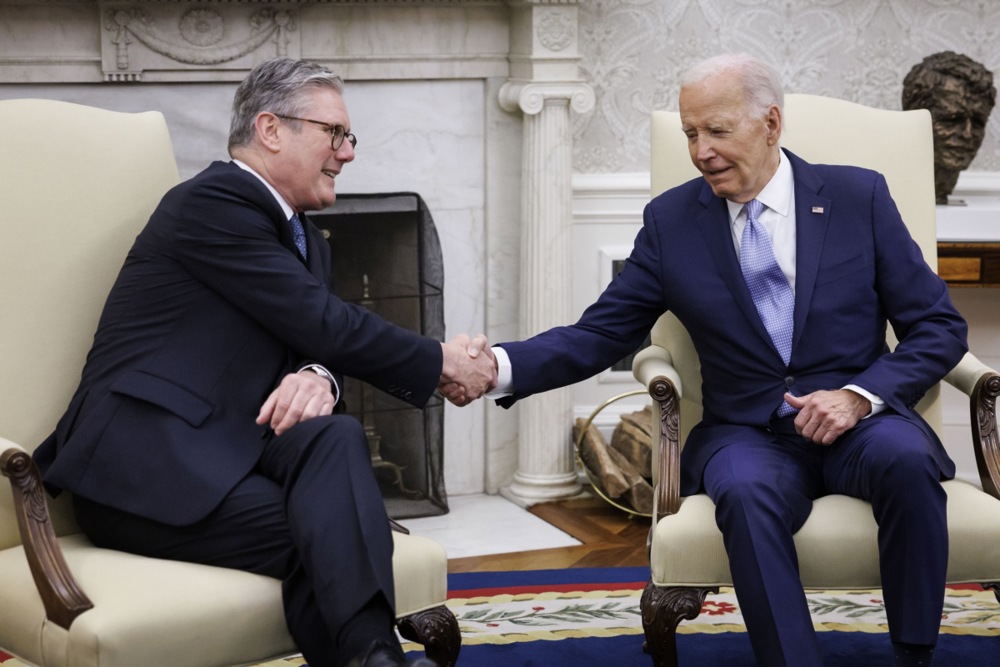Robert Habeck, the German economy minister and Greens candidate for chancellor, has proposed a dramatic increase in the country’s defence spending to 3.5 per cent of GDP over the coming years.
In an interview with Der Spiegel on January 3, Habeck argued that such an investment was essential to ensure peace and security.
“We need to spend almost twice as much on defence so that Putin does not dare to attack us,” he stated, emphasising that more substantial defence capabilities would act as a deterrent against aggressors.
Habeck suggested such an increase in military spending — potentially amounting to more than €140 billion annually — should not come at the expense of citizens’ incomes or existing budgets. Instead, he proposed financing it through reforms to Germany’s debt brake or by creating special funds.
“What we cannot do is ignore the problem because of outdated financial rules,” he said.
Habeck also acknowledged that the geopolitical situation had changed drastically, noting he had refused military service during the Cold War.
Still, he said, today he would “no longer have any moral argument to refuse”.

NATO requires member states to allocate at least 2 per cent of GDP to defence. Germany has reached this threshold for the first time in decades, with defence spending in 2024 amounting to €93 billion, or approximately 2.1 per cent of GDP.
Habeck’s call for almost doubling this budget has sparked controversy, particularly from Chancellor Olaf Scholz.
Scholz criticised the proposal in an interview with Stern on January 7, describing it as “poorly conceived” and questioning its feasibility.
“Doubling the defence budget without a clear plan for spending or funding is unrealistic. Who pays the bill? The citizens?,” Scholz said.
He also pointed to the fully allocated €100 billion Bundeswehr special fund, which will sustain military spending until 2027 but leave a significant budget gap thereafter.
The German government is being far too hesitant in rearming the Bundeswehr, said the head of a leading European defence contractor. https://t.co/9y3U0R12XC
— Brussels Signal (@brusselssignal) December 13, 2024





